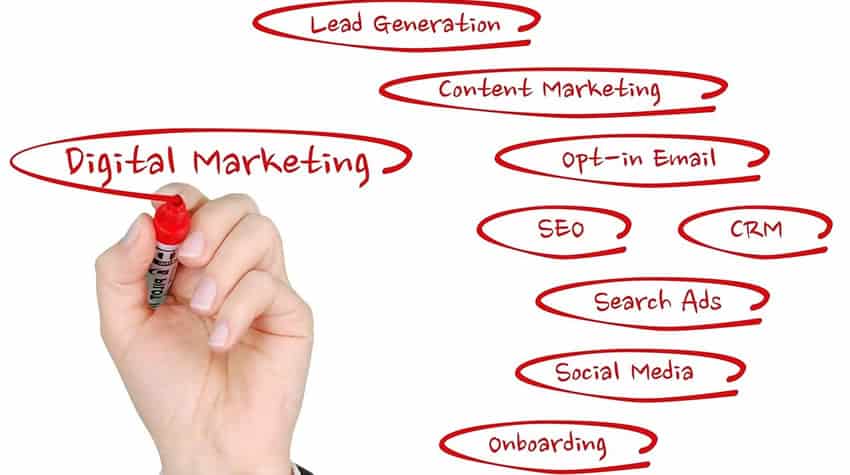The use of digital marketing for business purposes has grown year on year and now outstrips the annual spend of TV advertising. It is proving highly lucrative for businesses across all industries, including the pharmaceutical, medical and healthcare sectors.
A private medical practice or consultant can gain more brand exposure and consequently attract more new patients by using measurable digital marketing channels. We’ve put together a run-down of the main types of (non advertising related) digital marketing activities that businesses can explore.
Social Media Marketing
Essentially, this is used to attract fractured customers you may not reach through conventional channels such as direct mail. When used properly, social media platforms such as Facebook, Twitter and LinkedIn can become social hubs for your business and help you to reach both patients and medical professionals. Your ‘followers’ and ‘connections’ can communicate directly with you – but more importantly you can also respond and interact with them.
Facebook has over 2.45 billion active users: even if your target market is only a tiny fraction of that, it’s still a huge opportunity to reach people who might not otherwise hear about your company.
It’s very easy to link to your company’s social media pages from your website, and this is a great way for your company to build a list of people who might otherwise browse your website and then leave, never to return.
Search Engine Optimisation (SEO)
Search Engine Optimisation, or SEO, means gearing up your website so it ranks highly for certain keywords when users type those keywords into the search engines. When done well, healthcare SEO can vastly increase the amount of patients and healthcare professionals you attract onto your site.
By researching the search-terms used by your target audience, an effective SEO strategy can be drawn up to make sure these words appear prominently on your website. This is something that should be done with the help of a professional, who knows how to use keywords effectively in your site’s metadata and copy.
Content Marketing
Content creation is an important part of digital strategy and the SEO process which comes after the initial on-site keyword optimisation has been carried out. By creating and syndicating high quality pieces of content you’re more likely to generate contextually relevant backlinks to your site. ‘Backlinks’ are links to your site placed on other relevant websites across the web. Done well, this can increase traffic to your website and raise its position in the Search Engine Results Pages (SERPs).
A well thought through, strategic approach to content marketing that is tailored your business will enable you to consistently create high quality content and digital assets that get shared online via social media and web links. This approach will help you to build your online reputation which will have a positive impact on your SEO strategy. In conjunction with relevant and regularly updated content, a well designed medical website with clear navigation and conversion points will help you to take full advantage of the highly targeted traffic that lands on your site.



